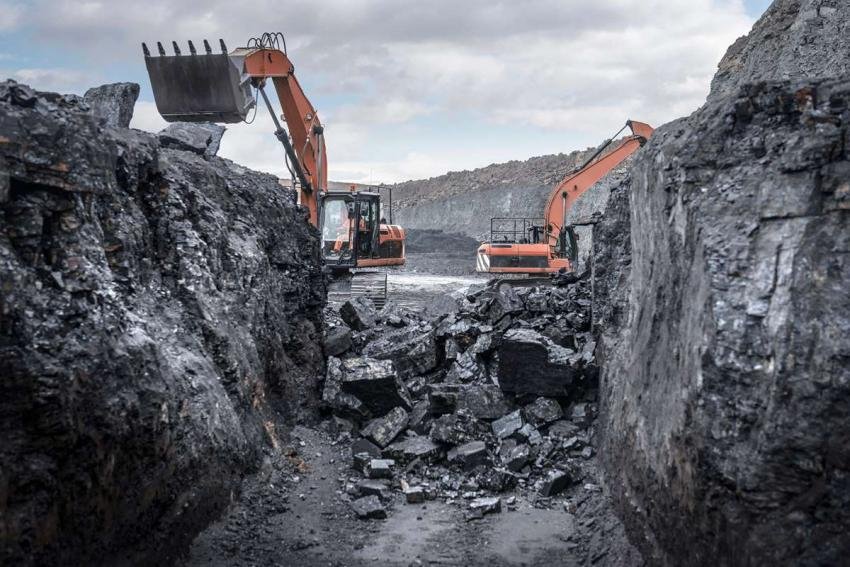Russia’s coal industry, once one of the largest pillars of the economy employing hundreds of thousands and sustaining dozens of industrial towns, is sinking deeper into crisis. According to Rosstat, coal producers suffered a consolidated net loss of 185.2 billion rubles in the first half of 2025 — more than 1 billion rubles in losses every day. Two-thirds of coal companies are now operating at a loss, while the sector’s total deficit has already exceeded last year’s losses of 112.5 billion rubles. In year-on-year terms, the industry’s losses grew by 2,500%, or 26 times, between January and June.
Impact of sanctions and falling demand
The crisis was accelerated by sanctions linked to Russia’s war against Ukraine, which cut off access to Western markets and triggered an EU embargo on Russian coal. At the same time, demand in Asia declined, with Chinese coal imports from Russia falling by 25% in the first half of 2025 and by 34% in the second quarter. Even before sanctions, profitability was weakened by the strengthening of the ruble and falling global coal prices, which slid to $64–83 per ton. Rising costs for equipment and logistics, high borrowing rates from the Russian Central Bank, and restricted access to financial instruments have all further undermined the sector.
Collapse in key coal regions
The downturn has hit hardest in Kuzbass, which accounts for 60% of Russia’s coal production and 80% of coking coal output. Seventeen coal mines there have already shut down, some permanently, leaving thousands jobless and sparking wage delays. The Energy Ministry warns that 27 companies, responsible for around 10% of national output, are on the brink of bankruptcy. Industry analysts warn that many enterprises are “doomed to extinction,” as coal extraction in Russia has become too costly to mine and transport compared to global competitors.
Growing social and economic risks
Experts argue that the crisis in the coal sector reflects wider economic vulnerabilities stemming from sanctions and war. Beyond the loss of export markets, the industry suffers from a shortage of skilled workers due to mobilization, emigration, and declining attractiveness of mining jobs. Analysts caution that the continued shutdown of mines will swell unemployment, adding to the government’s unresolved social and economic challenges. As The Moscow Times notes, the collapse of one of Russia’s core extractive industries is becoming a new test of resilience for a sanctions-hit economy.










